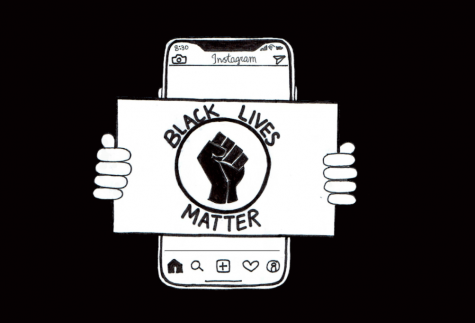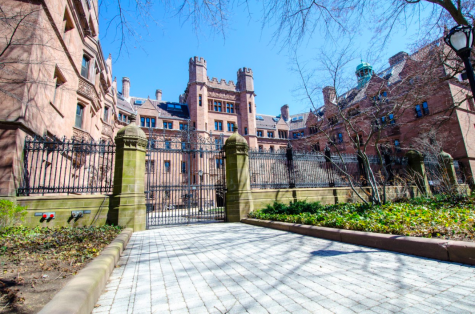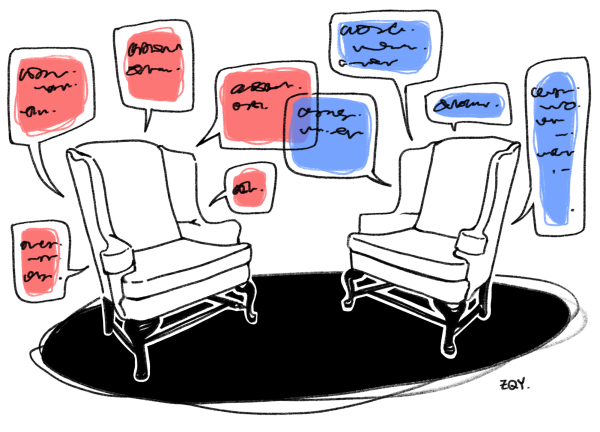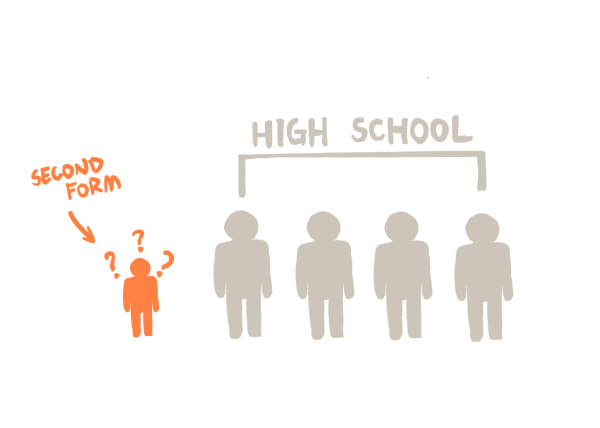Politics at Groton: A Classless Debate
There is a crisis of free speech at Groton. More and more, student’s views and opinions are being stifled, especially in classrooms in which politcs are a consistent topic of discussion.
After the election of President Trump, many teachers began infusing more politics into their curriculums. If done properly and without clear lean or bias to one side, I believe that such an infusion can legitimately strengthen a class and provide tangible real-world connections with course material. However, once teachers introduce politics to their classes, it becomes difficult for them not to let their own opinions color the discussion.
Furthermore, once a teacher’s opinion becomes clear to students, those who disagree with the teacher may feel uncomfortable taking part in class discussions. It is unacceptable to create classroom environments in which students are uncomfortable speaking due to a fear of disagreeing with their teacher, particularly on a subject as divisive as politics.
Not only is it uncomfortable to hold a partisan discussion in an academic setting, but it also can be deeply unsettling to be in disagreement with the person who grades your assignments, reads your essays, and controls a portion of your academic future. Consequently, students are less inclined to participate in class due to teachers’ expressions of their political stances.
Charles Wahba ’20 said that in most instances he could think of, “the connection to politics came from the teacher, which didn’t really give you any room to express yourself. Seeing as it was the teacher who brought it up, you didn’t really feel that it was your place to question them.” This sentiment, I believe, is shared by many students across the school (a few of whom declined to comment for this article, citing possible social consequences).
How can any student learn properly in an environment in which they feel like it is not their place to question the teacher? Classrooms should be judgement-free spaces in which opinions and perspectives, whether popular or not, can be discussed with respect and comfort. As the political realm of the United States becomes more and more personal and polarized, the problem of classroom politics will only get worse. More students’ voices will be silenced, perspectives will be lost, and the diversity of opinion at the school will be utterly eliminated.
While teachers’ political opinions should also not be silenced, they simply have no place in a classroom in which the power dynamic so clearly favors one party. And in no way is this article a wholesale argument against politics in class – I personally enjoy political topics finding their way into the syllabus. Nevertheless, it is imperative that the personal opinions of the teacher be kept far off from the discussion; let the teacher be the creator of the discussion rather than a participant in it.









